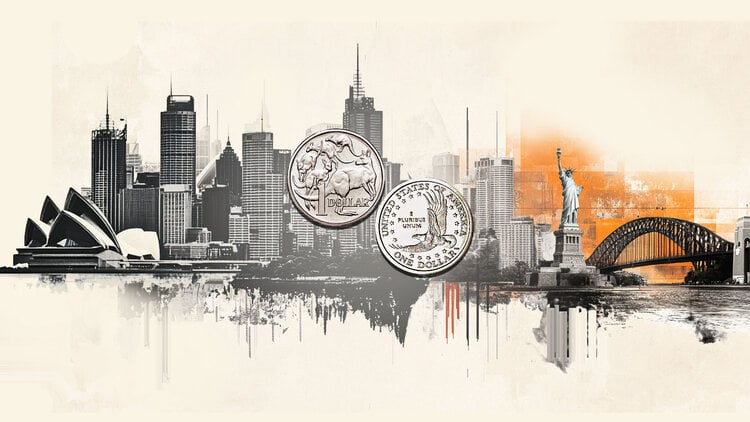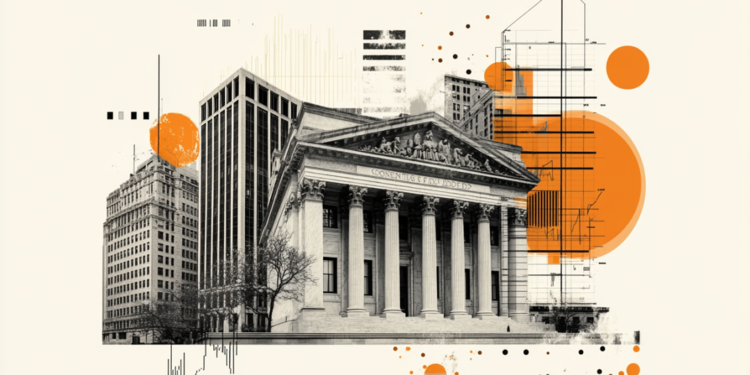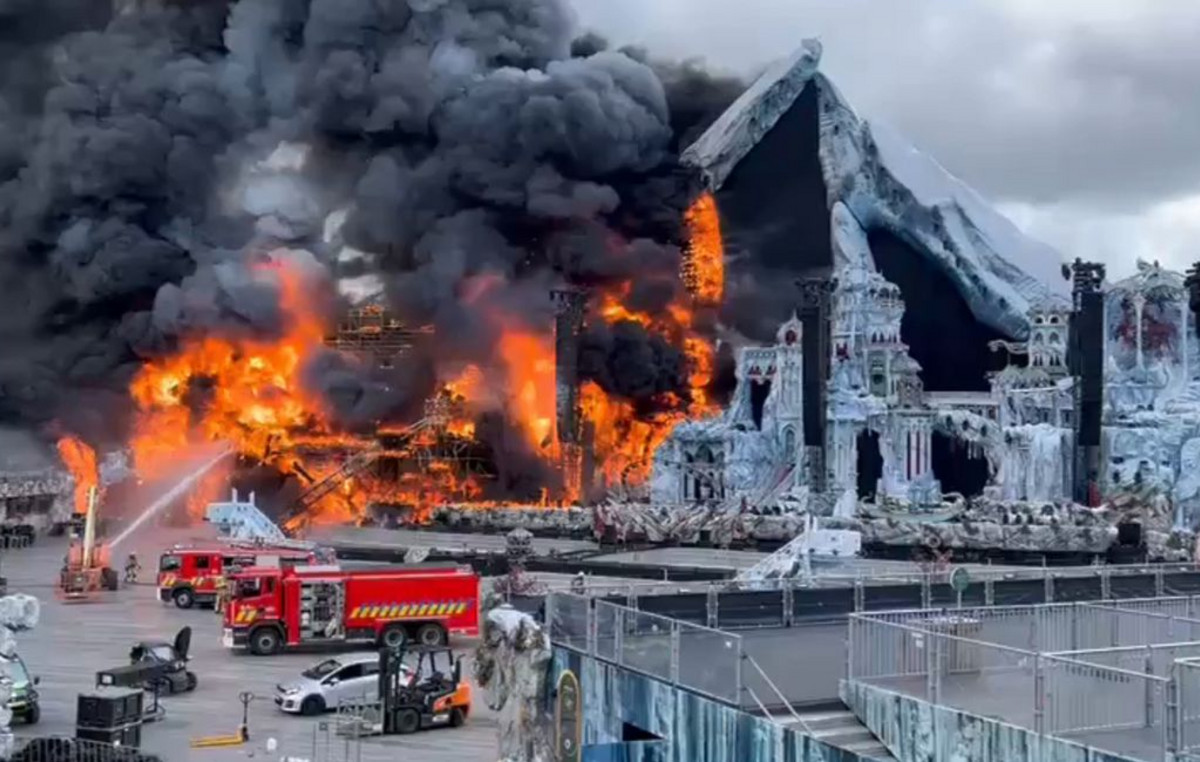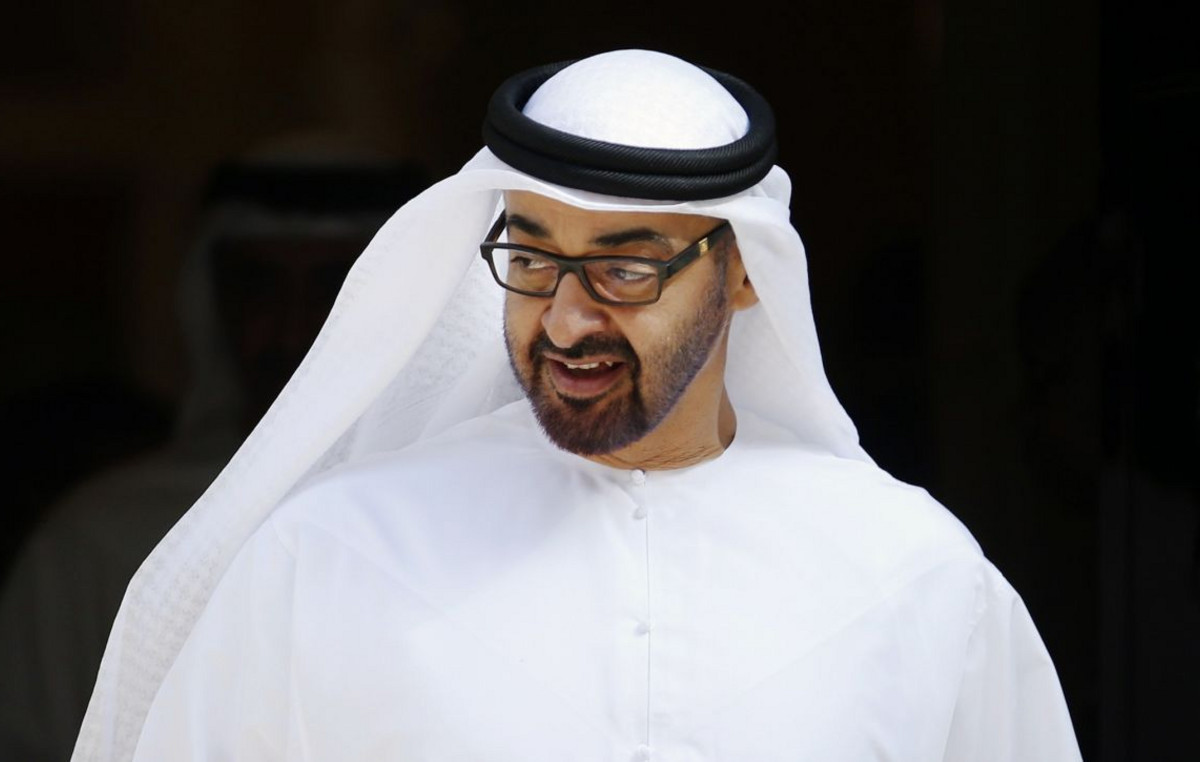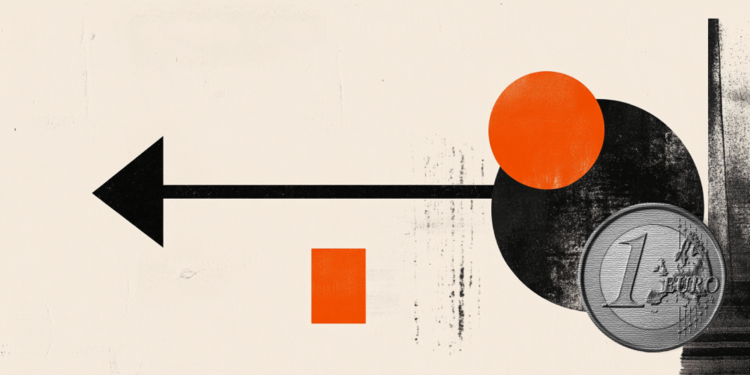The foreign ministers of the Group of Seven denounced this Friday (10) what they called a lack of democratic legitimacy in the inauguration of the president of Venezuela, Nicolás Maduro.
“We reject Maduro’s continued and repressive pressure on power at the expense of the Venezuelan people,” said a statement issued by Canada.
Canada is the president of this year’s group.
The G7 is an informal organization of leaders from some of the world’s largest economies: Canada, France, Germany, Italy, Japan, the United Kingdom and the United States.
Maduro’s inauguration
Nicolás Maduro assumed his third term as president of Venezuela at the National Assembly, in Caracas, this Friday (10).
The inauguration takes place amid a scenario of political turmoil, in which Maduro faces challenges over the results of the election held in July last year and accusations of violence against opponents.
US increases reward for Maduro arrest
Also this Friday, the United States imposed sanctions on eight Venezuelan officials and increased the reward to US$25 million for information leading to the arrest of Nicolás Maduro.
The newly sanctioned officials include the recently appointed head of Venezuelan state oil company PDVSA, Hector Obregon, and Venezuelan Transport Minister Ramon Velasquez.
International sanctions against Venezuelan authorities
In addition to the USA, other countries announced sanctions against Venezuelan officials.
The United Kingdom, for example, announced measures against 15 people associated with the Venezuelan government, arguing that they are responsible for human rights violations and undermining democracy and the rule of law.
Canada, in turn, imposed sanctions on 14 current or former Venezuelan government officials, alleging that they were involved in activities that supported human rights violations.
The European Union also announced similar measures, including 15 members of the National Electoral Council, the judiciary and the security forces.
Understand the crisis in Venezuela
The Venezuelan opposition and the majority of the international community do not recognize the official results of the July 28 presidential elections, announced by the National Electoral Council (CNE) of Venezuela, which give victory to Nicolás Maduro with more than 50% of the votes.
The CNE results were never corroborated with the release of electoral records that detail the number of votes per polling table.
The opposition, in turn, published the minutes that it says it received from its party inspectors and that would give victory by almost 70% of the votes to former diplomat Edmundo González, an ally of María Corina Machado, the opposition leader who was prevented from speaking. apply.
Chavismo claims that 80% of the documents released by the opposition are falsified. Maduro’s allies, however, do not show any electoral records.
The Venezuelan Public Ministry, in turn, began an investigation against González for publishing the minutes, alleging usurpation of electoral power functions.
The opponent was summoned three times to give testimony about the publication of the minutes and ended up taking refuge in Spain at the beginning of September, after having an arrest warrant issued against him.
Several opponents have been arrested since the beginning of the electoral process in Venezuela. Only after the July 28 election, at least 2,400 people were arrested and 24 died, according to human rights organizations.
Elections in Venezuela had an electronic ballot box and printed votes; understand
This content was originally published in G7 denounces Maduro’s inauguration in Venezuela on the CNN Brasil website.
Source: CNN Brasil
Bruce Belcher is a seasoned author with over 5 years of experience in world news. He writes for online news websites and provides in-depth analysis on the world stock market. Bruce is known for his insightful perspectives and commitment to keeping the public informed.

